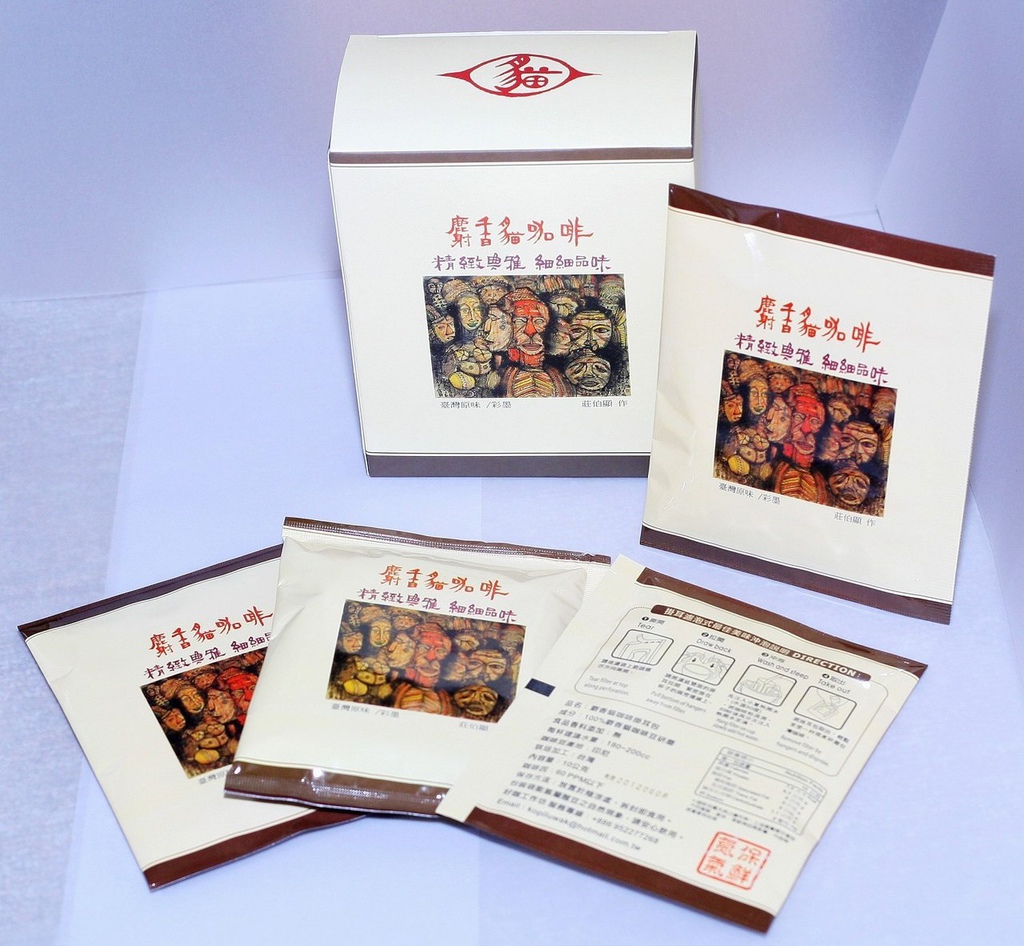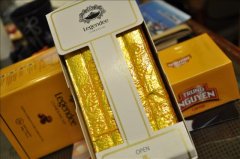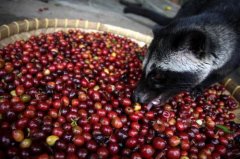How was civet coffee discovered? Is there a story about the origin of Kopi Luwak?

Professional coffee knowledge exchange more coffee bean information please follow the coffee workshop (Wechat official account cafe_style)
Objective introduction of mixed Kopi Luwak introduction of Kopi Luwak in Yunnan, China
The first time I drank civet coffee, I was deeply attracted by its aroma and taste, which is a bit extravagant. I now drink only civet coffee in Indonesia. The brewing method is also the Indonesian brewing method: grind the coffee directly with boiled water and cover it with stuffy coffee for 5 minutes. After all the coffee powder is precipitated, it can be drunk without sour taste, strong aroma, unforgettable and, more importantly, extremely low caffeine. Drinking too much won't cause palpitations and insomnia, but it's expensive.
Although there are so many advantages besides expensive, I am puzzled. Who will pick up cat poop coffee beans to wash, stir-fry, grind, drink, and then turn into a Dutch royal tribute, thus creating today's extraordinary price-the most expensive coffee since "shit". This great and courageous discoverer should really be listed as a World Heritage site, but we don't seem to have this information.
Driven by curiosity and worship of great men, my Indonesian friends and I visited the Indonesian Coffee Institute (the government's research unit) and finally got the answer:
More than a hundred years ago, in the era of the Dutch occupation, the production and export of natural materials such as coffee and tea were in the hands of the Dutch. Coffee estates were owned by Dutch, labor suppliers were Indonesians, and Indonesians loved coffee, just as we loved tea. Employers were afraid that workers would steal coffee beans to make and drink, so they were not allowed to pick coffee beans on trees without authorization. Coffee-loving but poor Indonesian workers finally had to pick up beans that fell under the coffee tree to make and drink, which did not violate the employer's regulations and could solve the coffee addiction. After a period of time, the employer found that all the workers had coffee but did not buy it from it. After questioning, they found civet coffee beans and paid tribute to the Dutch royal family.
Therefore, the discovery history of civet coffee beans leaves only the story, not the name of the first discoverer.
.
Important Notice :
前街咖啡 FrontStreet Coffee has moved to new addredd:
FrontStreet Coffee Address: 315,Donghua East Road,GuangZhou
Tel:020 38364473
- Prev

The price of Vietnamese civet coffee has been exposed! You have no idea how much a cup of Vietnamese Kopi Luwak costs.
Professional coffee knowledge exchange more coffee bean information please follow the coffee workshop (Wechat official account cafe_style) objectively introduce mixed Kopi Luwak Yunnan Kopi Luwak of China introduce friends who have not been to Ho Chi Minh City, the first thing after arrival is to learn how to cross the road, is a daunting challenge, requires an accurate sense of balance and calm, as well as keen observation
- Next

Price of top civet coffee beans: $1980 how much is the best Kopi Luwak in Indonesia?
Professional coffee knowledge exchange more coffee bean information please follow the coffee workshop (Wechat official account cafe_style) objective introduction of mixed Kopi Luwak Yunnan China Kopi Luwak introduction Kopi Luwak, produced in Indonesia. In the early 18th century, the Dutch established coffee plantations in the Indonesian colonies of Sumatra and Java, and banned locals from picking and eating their own species.
Related
- Detailed explanation of Jadeite planting Land in Panamanian Jadeite Manor introduction to the grading system of Jadeite competitive bidding, Red bid, Green bid and Rose Summer
- Story of Coffee planting in Brenka region of Costa Rica Stonehenge Manor anaerobic heavy honey treatment of flavor mouth
- What's on the barrel of Blue Mountain Coffee beans?
- Can American coffee also pull flowers? How to use hot American style to pull out a good-looking pattern?
- Can you make a cold extract with coffee beans? What is the right proportion for cold-extracted coffee formula?
- Indonesian PWN Gold Mandrine Coffee Origin Features Flavor How to Chong? Mandolin coffee is American.
- A brief introduction to the flavor characteristics of Brazilian yellow bourbon coffee beans
- What is the effect of different water quality on the flavor of cold-extracted coffee? What kind of water is best for brewing coffee?
- Why do you think of Rose Summer whenever you mention Panamanian coffee?
- Introduction to the characteristics of authentic blue mountain coffee bean producing areas? What is the CIB Coffee Authority in Jamaica?

